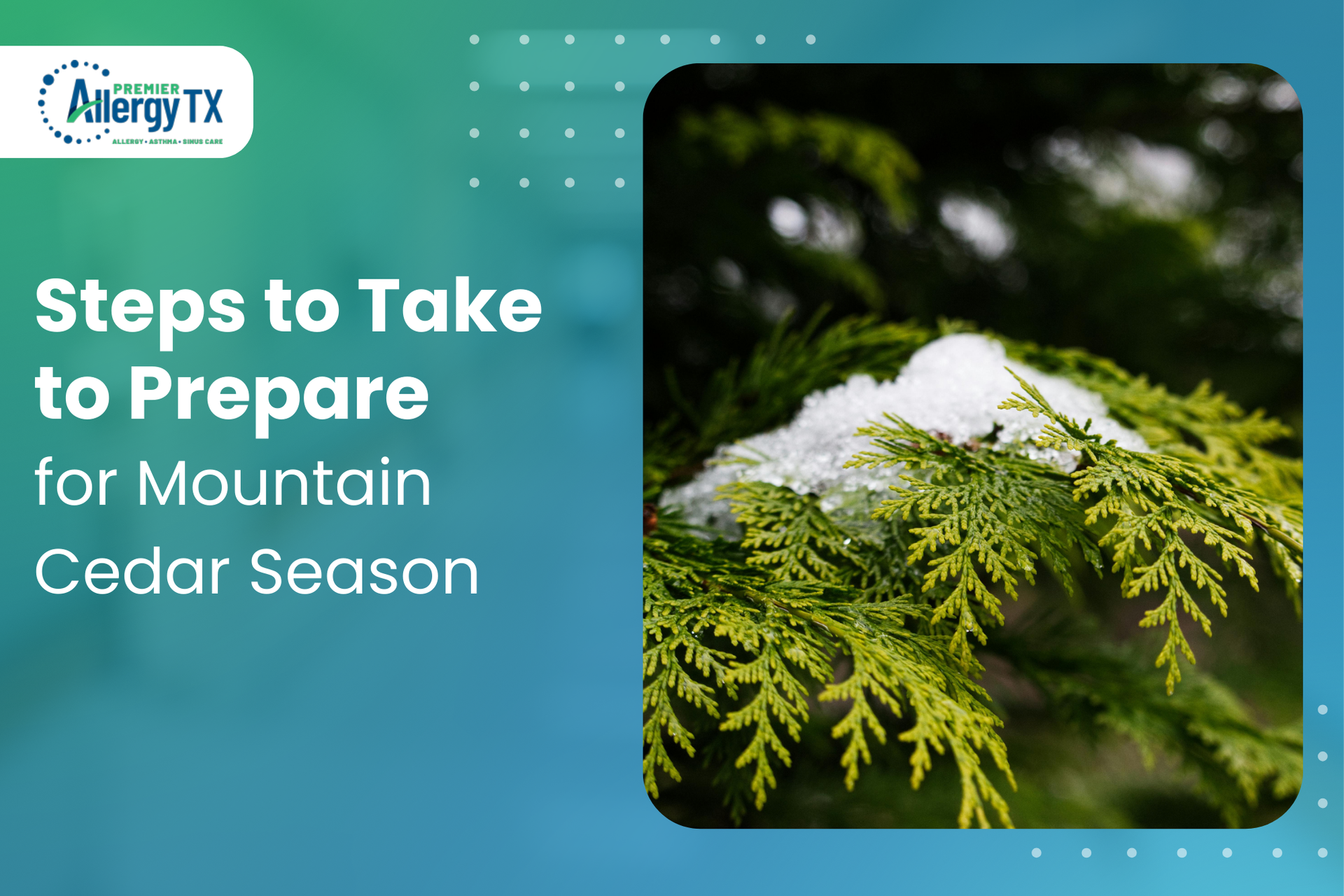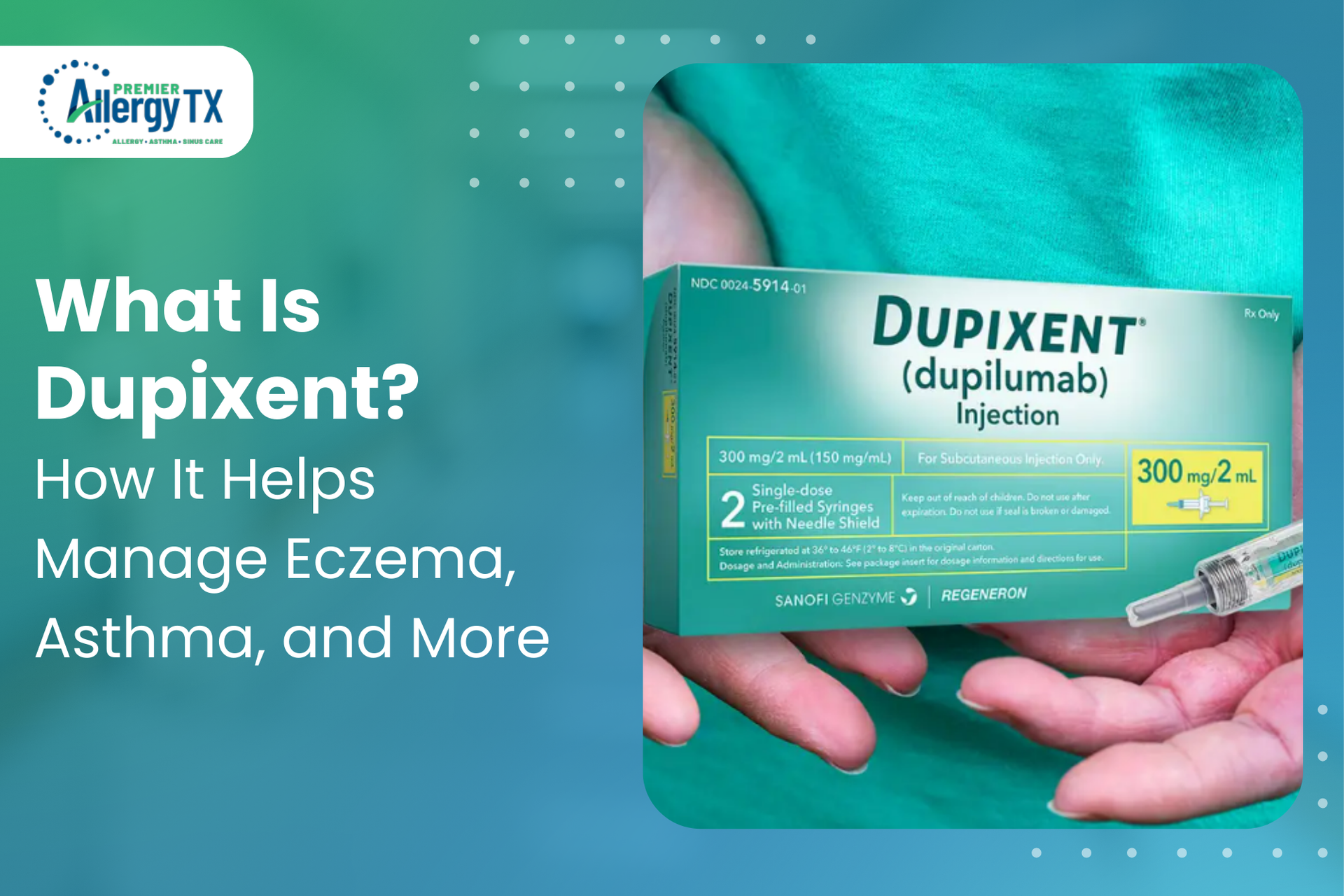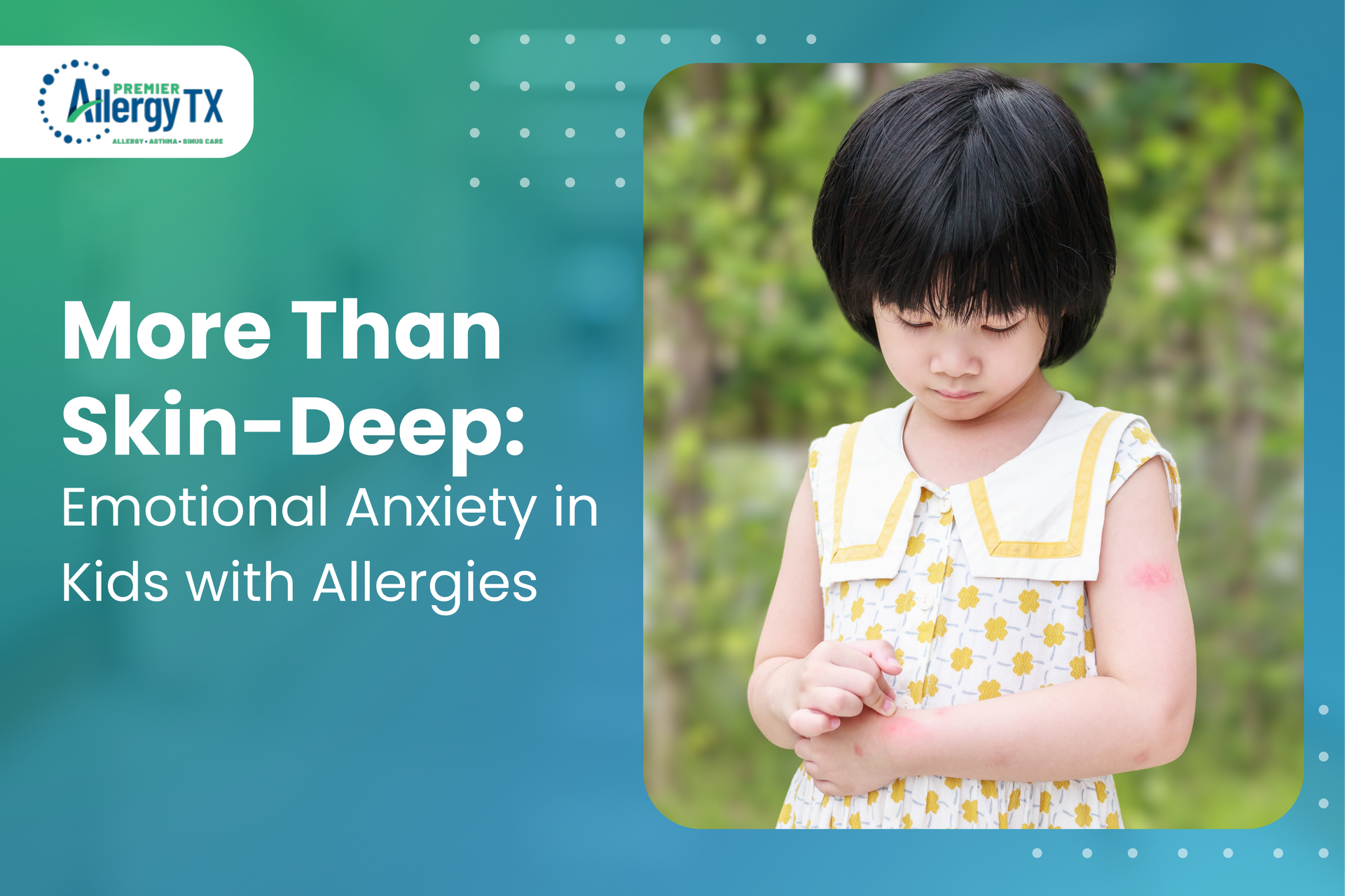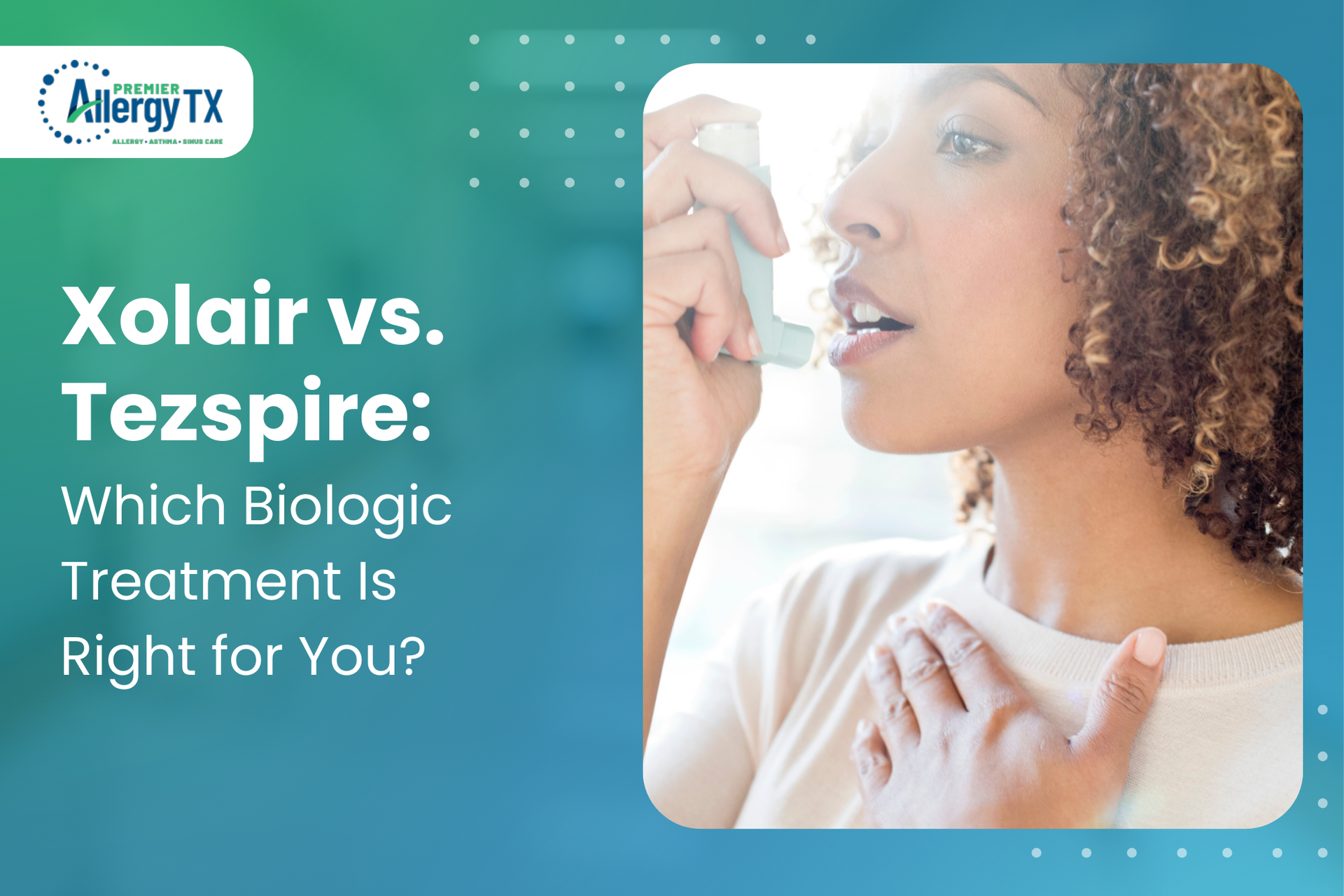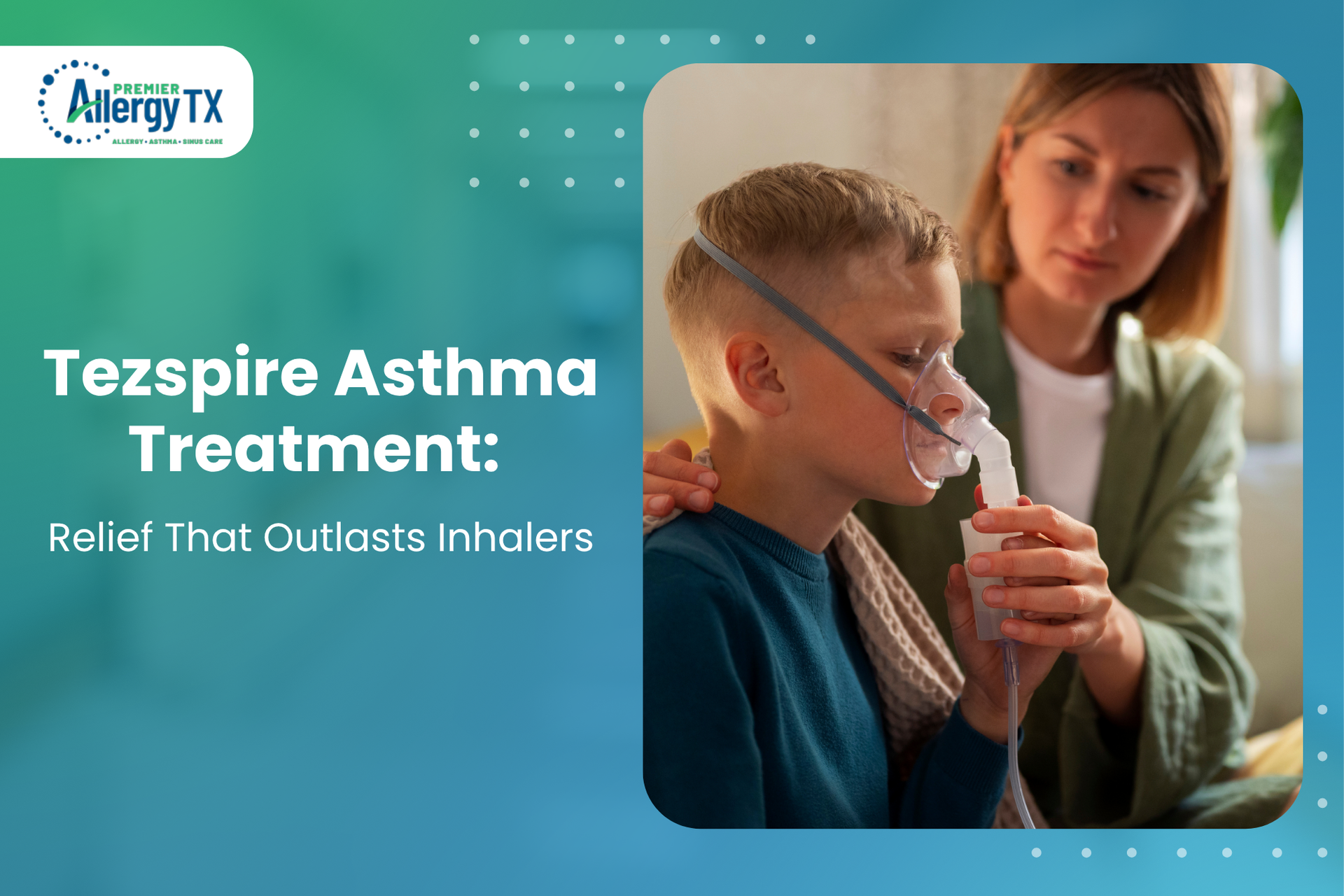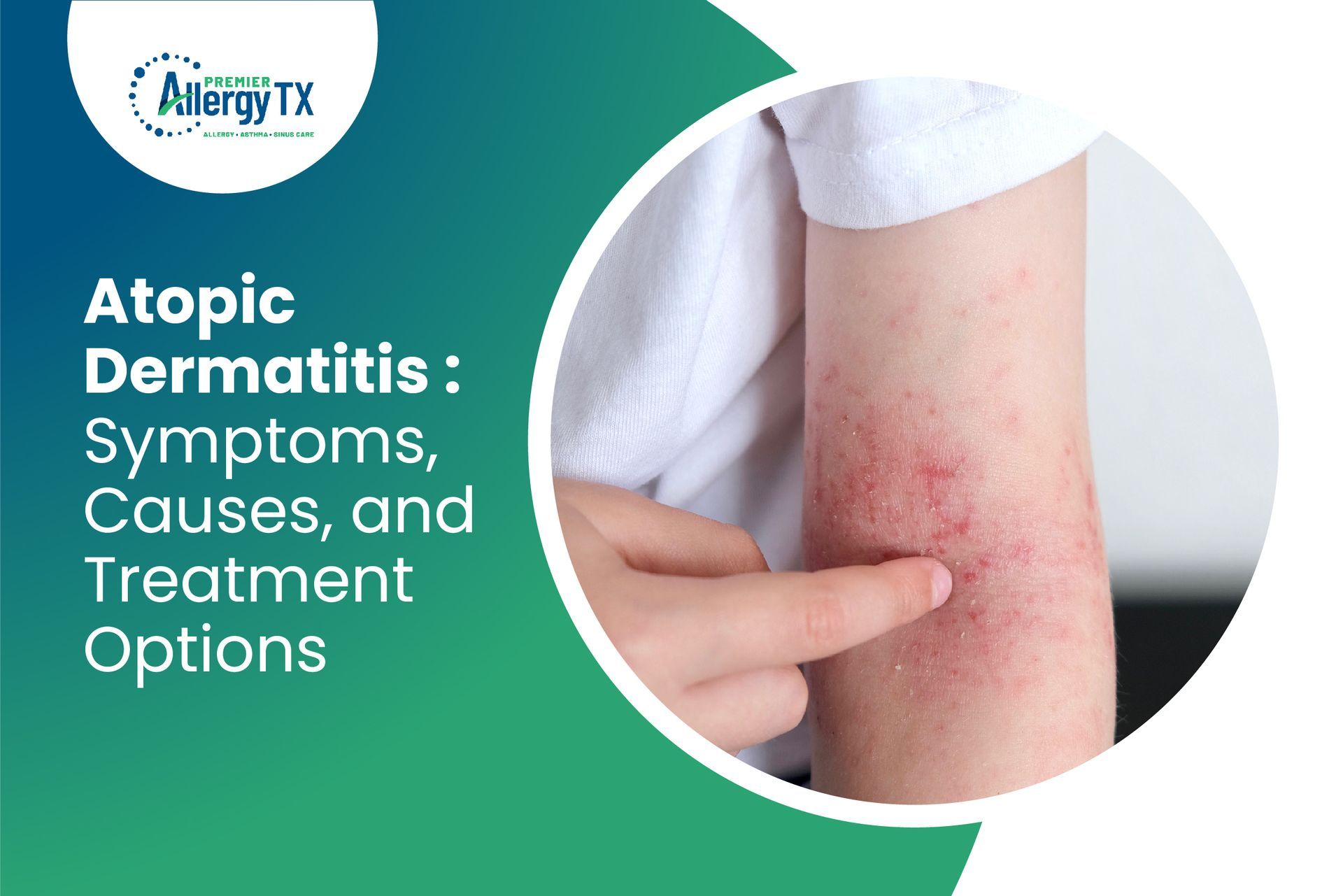Allergies are a common problem that affects many people, causing symptoms such as sneezing, itching, and runny nose. According to a report from the
American College of Allergy, Asthma, and Immunology (ACAAI), more than 50 million Americans suffer from allergies, including hay fever (seasonal allergies), asthma, hives, and
food allergies.
While allergy shots have been the traditional treatment for allergies for many years, a new alternative is becoming increasingly popular - allergy drops.
Suppose you suffer from asthma and allergies like millions of Americans do. You can get the medicine you need through at-home allergy drops instead of allergy shots. In this blog post, we will explore allergy drops vs. allergy shots, the benefits of allergy drops, and how they work.
How Do Allergy Drops Work?
Allergy drops, also called sublingual immunotherapy (SLIT), involve taking small doses of the allergen under the tongue, where it is absorbed into the bloodstream. The process is simple, and you can do it easily and at home. The drops contain small amounts of the allergens that a person is allergic to, like dust mites or pollen. The goal is to increase the person's tolerance to those allergens gradually.
Once the body builds up immunity against the allergen over time, it will reduce symptoms. The types of allergens that you can treat with allergen drops include
- Tree
Pollen
- Dust mites
- Mold
- Pet dander
- Grasses and weed pollen
The drops can also be used to treat multiple allergens simultaneously. The treatment is typically administered once or twice a day and can take several months to a year to see results.
Allergy Shots vs. Drops: What's the Difference?
Allergy shots and drops are both effective treatments for allergies, but there are some key differences between them.
Allergy Shots
A doctor or a nurse practitioner will administer the allergy shots in a medical setting, usually once or twice a week for several months. They involve injecting liquid allergens into your body to build up a tolerance over time. Allergy shots can be effective at reducing symptoms of allergies. Still, they can also cause side effects such as
- Swelling, pain, or redness at the injection site
- Fatigue
- Headache
- Fever
- Muscle aches and joint pain
- More
severe reactions include wheezing, throat swelling, and chest tightness.
Allergy Drops
Allergy drops are taken orally daily at home and do not involve needles or injections. Instead, you place them under your tongue before swallowing them. They also work by exposing you to small amounts of allergens that help desensitize your immune system over time and reduce symptoms caused by seasonal allergies. Drops do not typically cause side effects unless they contain medications that could cause an allergic reaction (such as antihistamines).
The Best Benefits of Allergy Drops
The main benefits of sublingual immunotherapy are as follows:
Convenience and ease of use
One of the main benefits of allergy drops is that they are more convenient than allergy shots. Allergy drops can be taken at home, whereas allergy shots require regular doctor visits. You do not have to take time off work or school to receive treatment.
Reduced risk of side effects
SLIT has a lower risk of side effects than allergy shots. Side effects are typically mild and include itching or burning in the mouth. They can also be used in children, unlike allergy shots that might not be suitable or hard for young children to take.
Cost-effectiveness
SLIT has a lower risk of side effects than allergy shots. Side effects are typically mild and include itching or burning in the mouth. They can also be used in children, unlike allergy shots that might not be suitable or hard for young children to take.
Improved compliance and treatment adherence
Because allergy drops are easy to administer at home and have fewer side effects, people are likelier to stick with the treatment plan. It improves compliance and treatment adherence, which leads to better results.
Targeted treatment against many allergens
Another benefit is that allergy drops can target a specific allergen, unlike allergy shots which often contain a mixture of allergens. This can make allergy drops more effective for those with multiple allergies. Each person's treatment plan is customized based on their lifestyle, allergies, history of medical conditions, and response to previous allergy treatments.
Long-term relief
The effects of allergy shots can last several years, providing long-term relief from symptoms. Moreover, individuals receiving sublingual immunotherapy are less likely to develop new allergies, as their immune system is better equipped to handle allergens.




